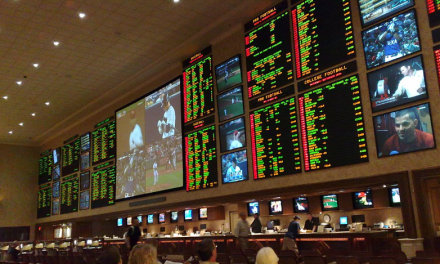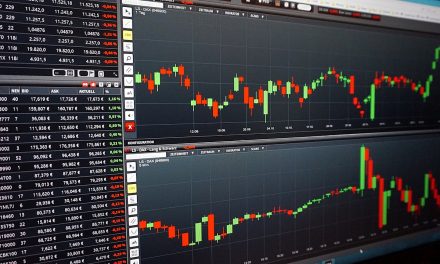LOS ANGELES – Taxflation: The post-pandemic paradigm. Early 2020 marked the beginning of a new economic phase, with politicians and central banks doing everything within their power to aid the U.S. economy and millions of unemployed, inflation seemed like an afterthought. Immediately after the economy showed some recovery, primarily due to a falling unemployment rate, most policy makers insisted that any price hikes were “transitory” – a result of rattled supply chains and labor shortages that were, very soon, correct themselves.
When asked about how inflation has disrupted the current economic environment, Ali Hashemian, MBA, ChFC®, CFP® had this to say, “I know that investing in robotics, clean energy, space exploration, genomics, or cryptocurrency seem speculative. However, currently, you need to redesign your investment philosophy based on iconic shifts in taxes and inflation and also build in adjustments for rapid shifts based on trends in social, geopolitical, financial, and health conditions—including pandemics. These quantitative overlays to traditional active management are the new evolution of investing that merge strategic classical strategies with tactical algorithms.
If you are not adjusting your portfolio for the current inflationary risks and strategically planning for changes in tax policy changes, you need to move swiftly. The fact that we may see a correlation in stock price declines due to tax policies and bond price discounting due to interest rate changes, puts us in a fundamentally different investment environment that requires an evolutionary change in investment planning and innovative updates to portfolio management.
If all of this sounds complicated and confusing, that’s because it is. The investment world is complex and changes faster than ever before thanks to globalization and speed of information. But that does introduce new opportunities provided in this vast investment environment we currently exist in. Disruptive technology, medical science, and blockchain are just a few industries investors have recently gained access to in the past few years. And the next few years have many more potential opportunities arising.”
If you are not staying abreast of the everchanging asset classes that are becoming available, you need to start self-educating or begin aligning yourself with the right advisers or planners that can keep you informed. The investment world is involved and evolved, it’s important to make sure you are keeping up with the trends.
Source: Kinetic Financial





